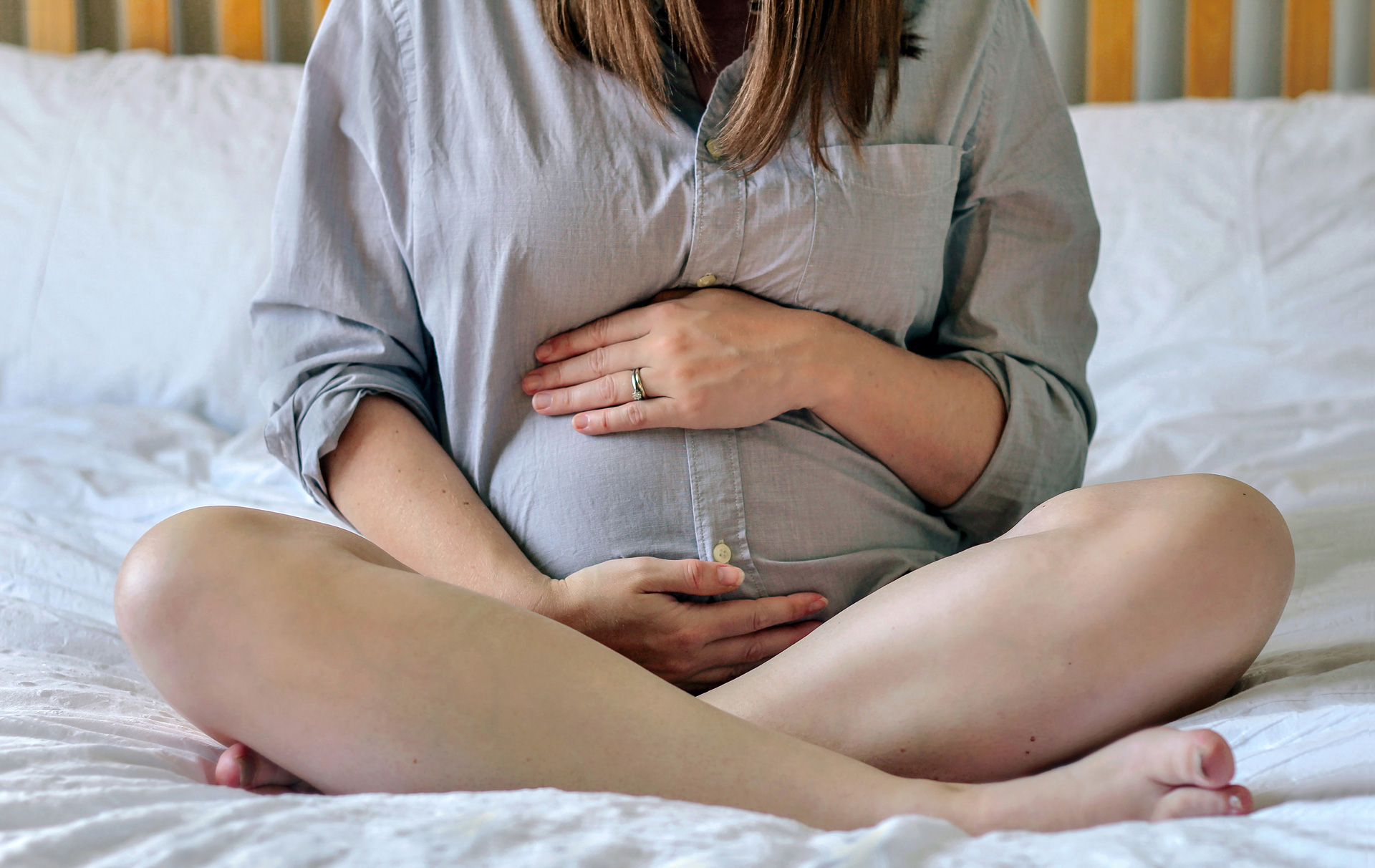High gluten diet in pregnancy could increase risk of children developing diabetes, study reveals
The findings may surprise you...

Parenting advice, hot topics, best buys and family finance tips delivered straight to your inbox.
You are now subscribed
Your newsletter sign-up was successful
Pregnant women who eat a diet high in gluten-rich foods could increase the risk of their children developing type 1 diabetes, new research has revealed.
A study published in the BMJ, formerly the British Medical Journal, examined data from more than 63,000 pregnant women enrolled in the Danish National Birth Cohort between January 1996 and October 2002.
At 25 weeks, the group of expectant mums completed a food frequency questionnaire which measured their consumption of gluten - found in foods such as bread and pasta.
Researchers, led by Julie Antvorskov at the Bartholin Institute in Denmark, followed up with the mums' until 2016 to track incidences of type 1 diabetes in their children.
There were 247 incidences of diabetes 1 among participants' children, and data also revealed that daily gluten intake among the mums ranged from 7g to 20g, with an average intake of 13g.

After examining the data from the above study, and taking other influential factors into consideration, researchers at the National Institute for Health and Welfare in Finland concluded that the risk of type 1 diabetes in children 'increased proportionately' among women who ate more gluten while pregnant.
They also revealed that mums with the highest gluten intake (20g a day) had double the risk of those who had the lowest intake (less than 7g a day) during a mean follow-up of 15.6 years.
Parenting advice, hot topics, best buys and family finance tips delivered straight to your inbox.
Expanding on the findings the researchers wrote: 'High gluten intake by mothers during pregnancy could increase the risk of their children developing type 1 diabetes. However, confirmation of these findings are warranted, preferably in an intervention setting.'
In a linked editorial in the BMJ, researchers from Finland also emphasised that more studies were needed in order 'to identify whether the proposed association really is driven by gluten, or by something else in the grains or the diet'.
Commenting on the findings, Jenny Myers, a senior lecturer in maternal and fetal health at the University of Manchester, told The Independent: 'What we lack are mechanistic studies which can explain the biology of these observations - only then can we begin to design dietary interventions and be able to advise pregnant women properly.
'Women should not make radical changes to their diet based on this evidence - it is important during pregnancy to eat a balanced diet and there is no evidence currently that gluten should be excluded from the diet during pregnancy.'
What do you think of the research findings? Would it affect your choices during pregnancy? Head over to our Facebook page and let us know your thoughts!
Miriam Habtesellasie is a freelance lifestyle writer who has contributed content to GoodTo, Woman&Home, Women and Idealhome.co.uk. Miriam is based in London and is a fan of everything interiors, she admits to being spoilt for choice living in the capital. From stunning architecture right the way through to eye-catching department store window displays, she believes there’s always an angle to be found that can translate to our abodes.